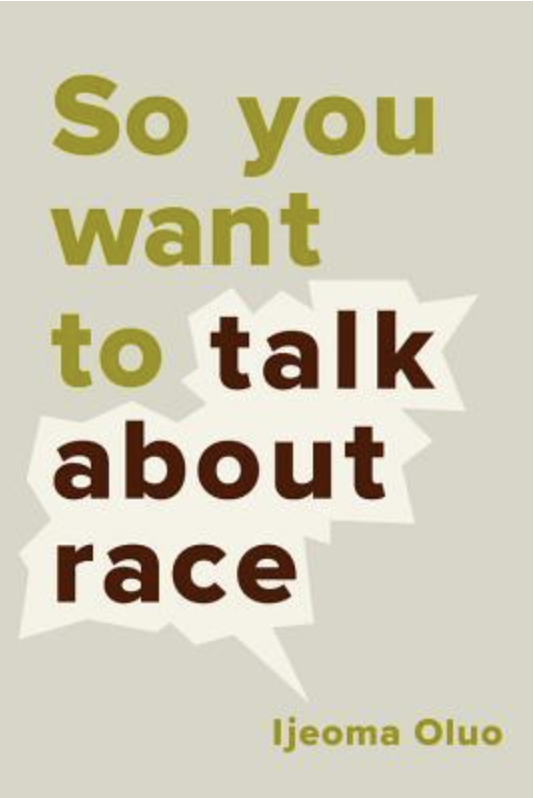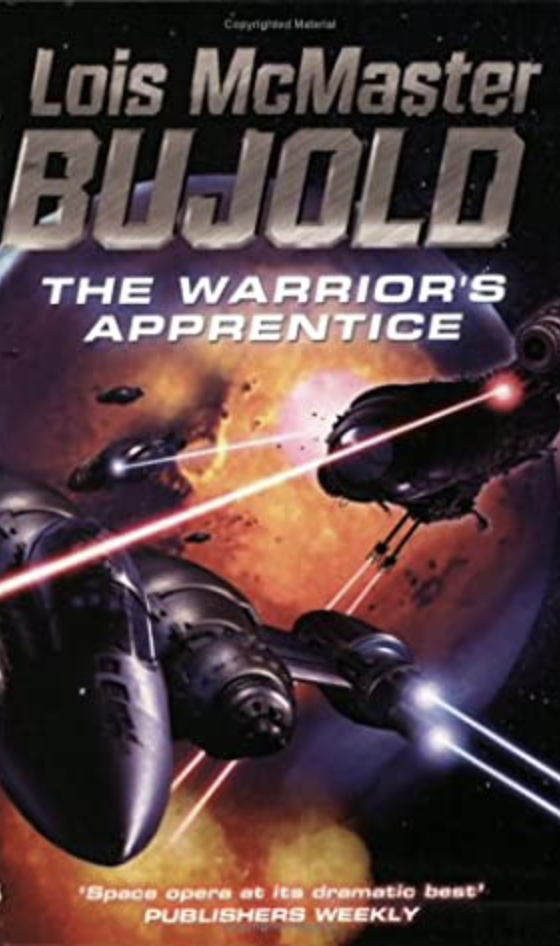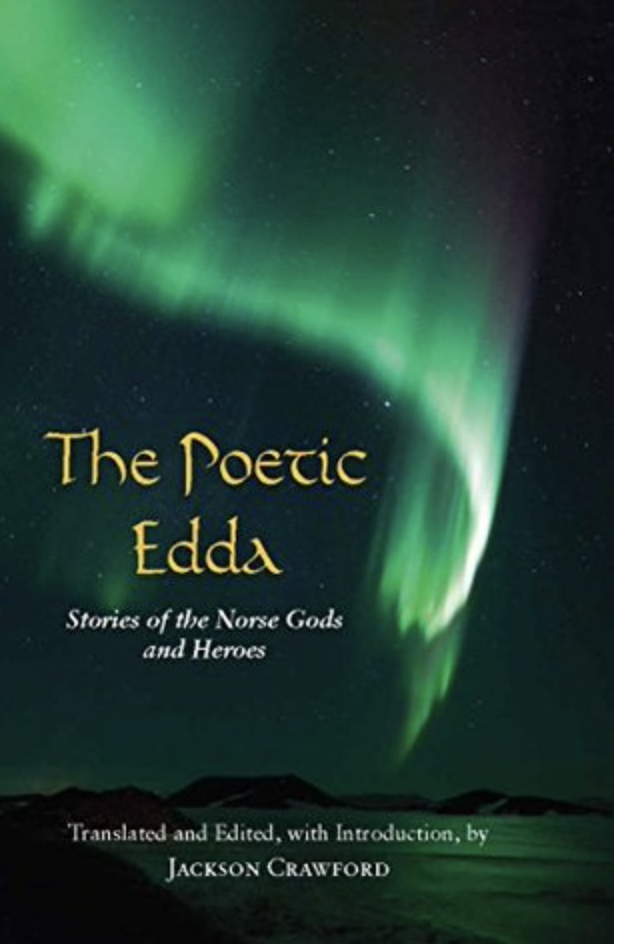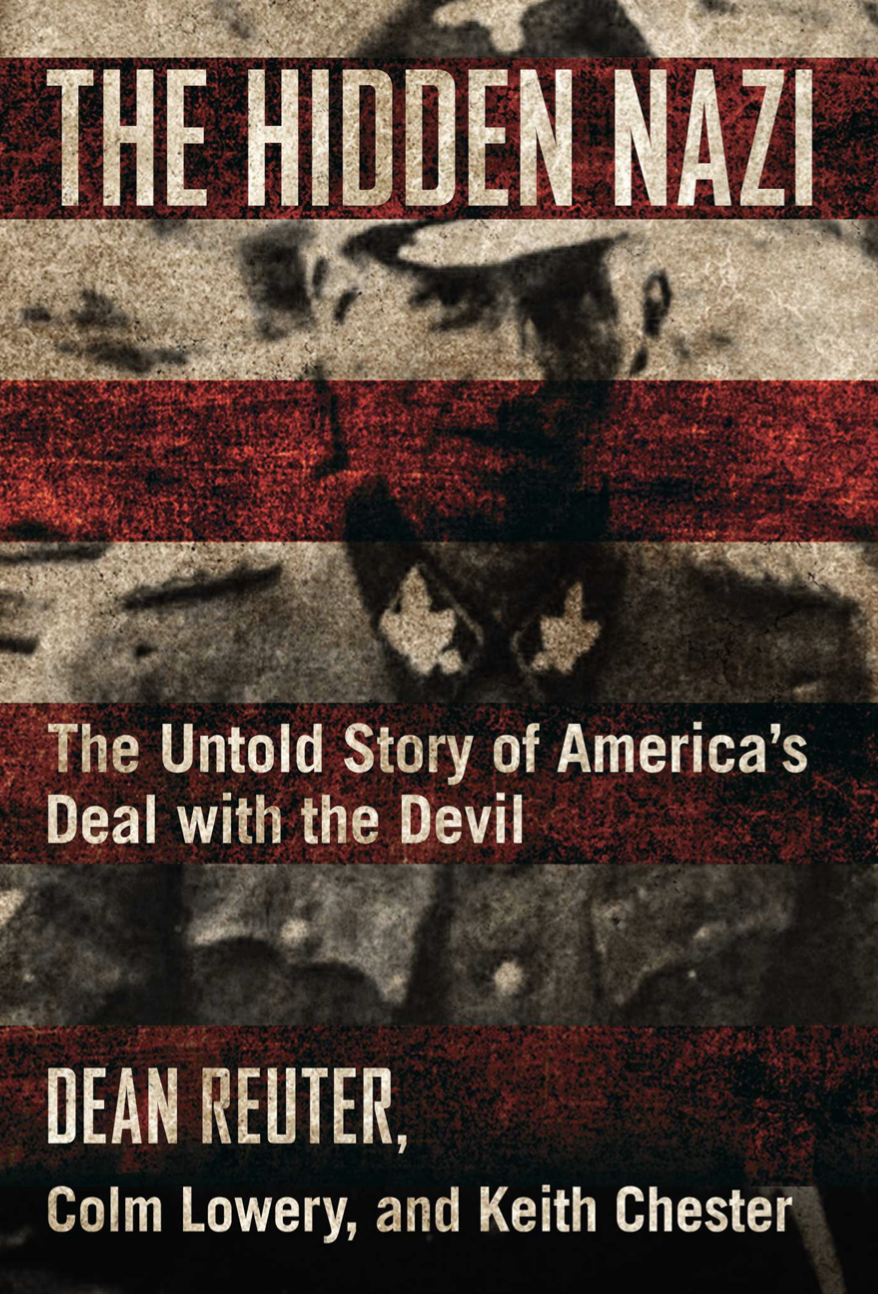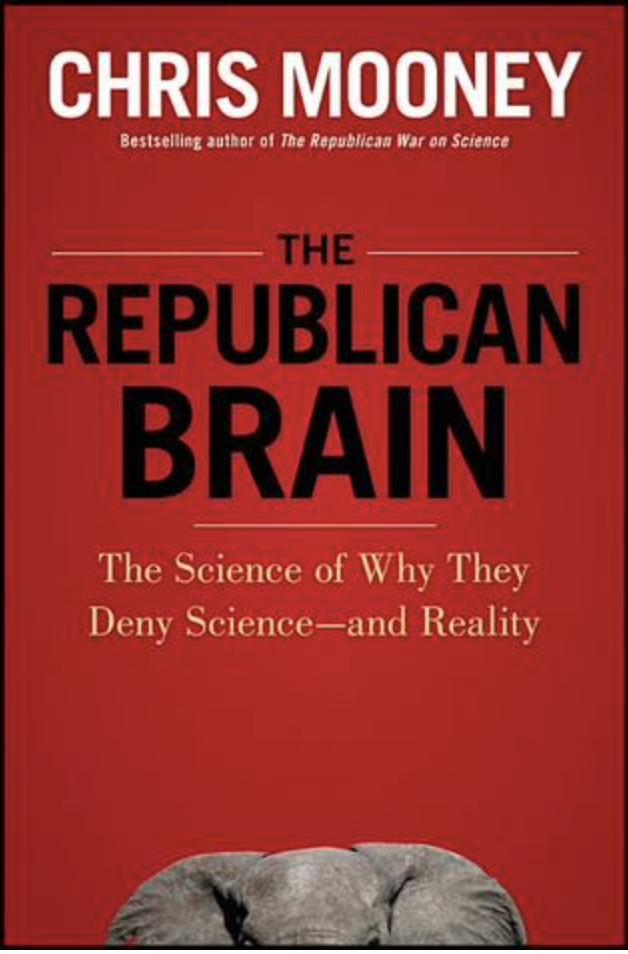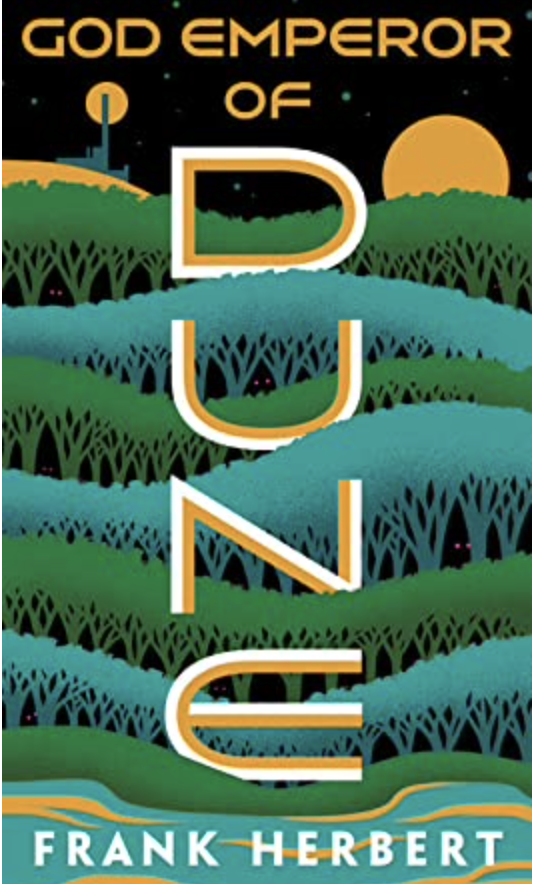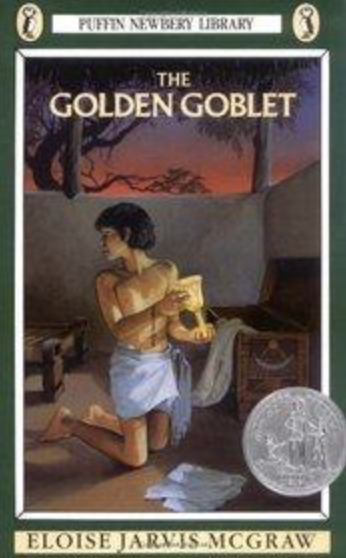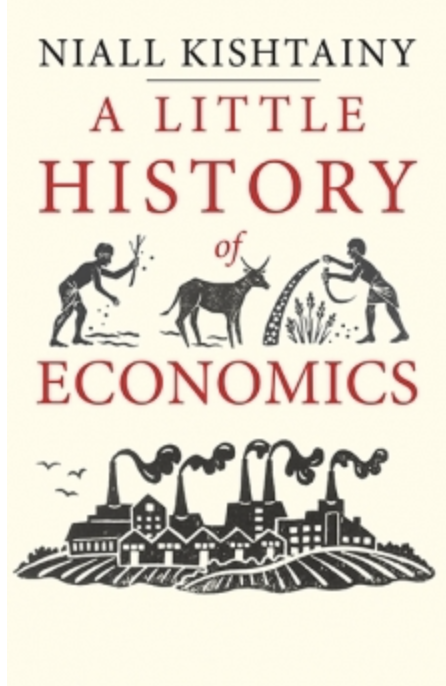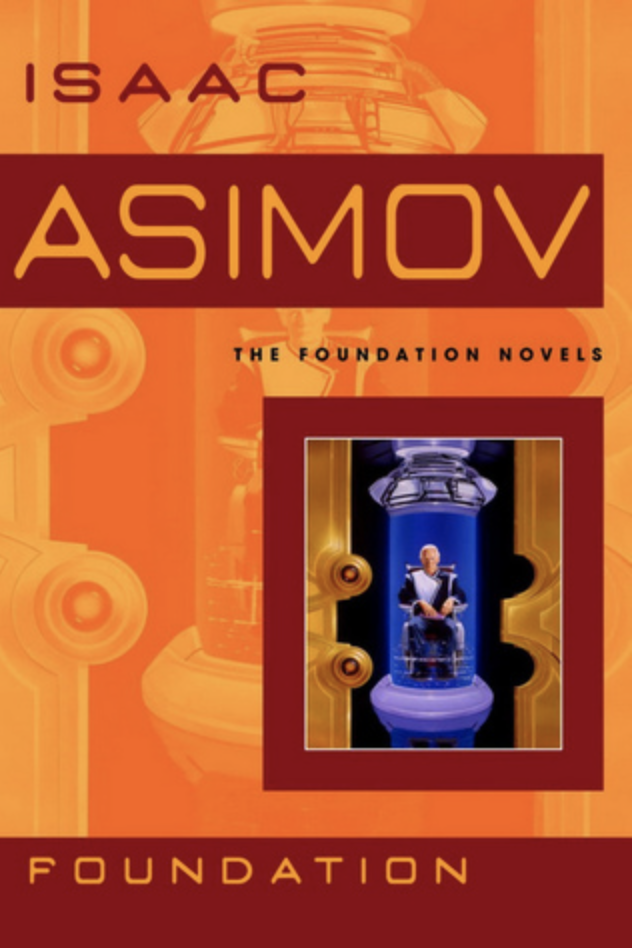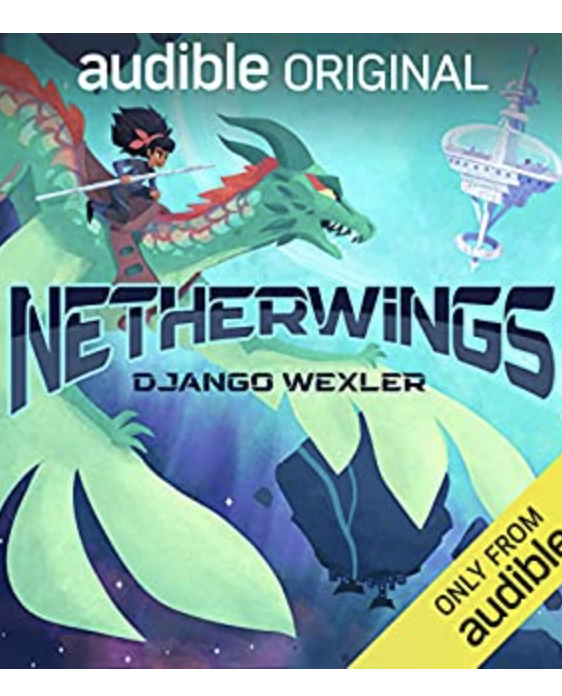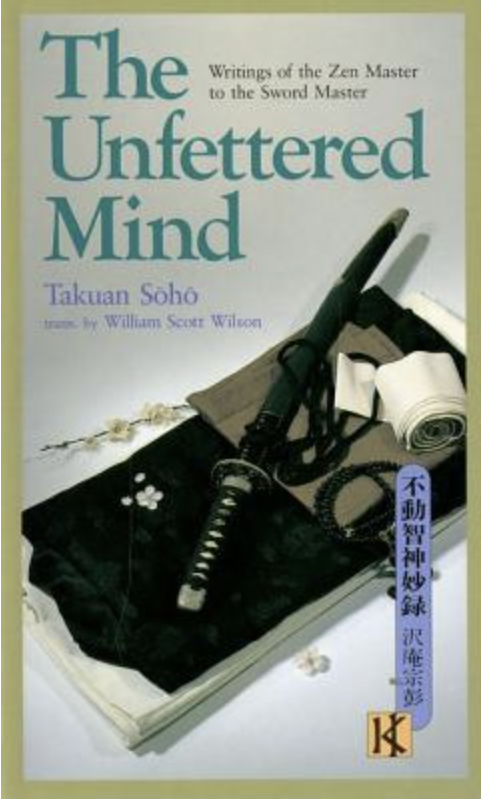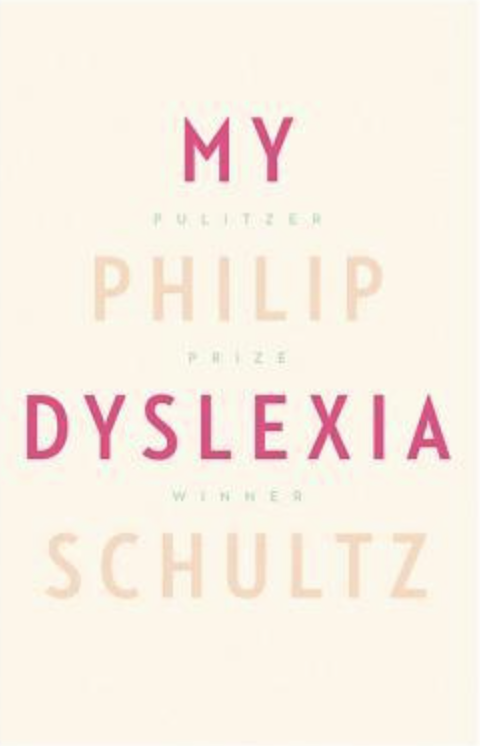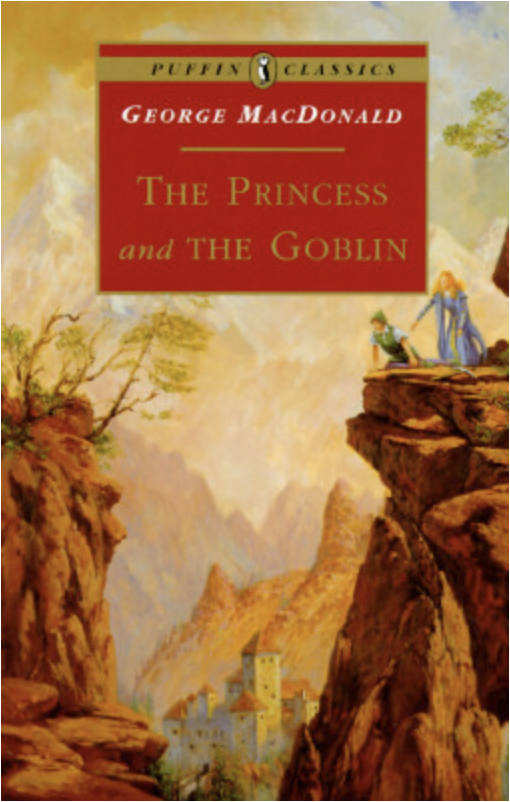So You Want To Talk About Race
By: Ijeoma Oluo
This is one of many books that falls under the intersection of self-help and sociology. As a cis-het white woman, its a genre I come back to again and again. Having read and heavily recommended The New Jim Crow, I want to circle back to those of you who took that rec. I had feedback from some saying it was good but they themselves felt a little affronted as the reader like they were being personally called out, unfairly so. I had others who thought the books was great and passed it on to people who had that same feedback. This kind of book can definitely be uncomfortable for the white reader and the more status quo conforming readers out there. Like anything, there is a bit of a learning curve. Its ok to have feelings, to recognize and examine them. Some books are way more challenging to that end than others. I think The New Jim Crow really requires either the timing to be exactly perfect that the reader is ready to be challenged OR that the person has already moved past that point and is comfortable with being challenged already.
All of this is set up to say, Ijeoma Oluo covers some of the same territory and also explores other territories. She takes a more personal approach. She takes a more story-telling approach. The combination of which makes this relatable, insightful, funny, and heart-breaking all in one. If you or someone you know wanted to read The New Jim Crow and found yourself wanting to push back a lot on your emotions I would recommend circling back to it later and instead start here.
The Warrior’s Apprentice
By: Lois McMaster Bujold
Ok this was great. This series continues to be a favorite T-Shirt, a refreshing beverage, a shady respite on a hot day. It’s rather epic, with the total number of books in the double digits. A handful in and the characters and dialog continue to be delightful and engaging. This is the kind of series you can enjoy without being so thoroughly engrossed as to lose sight of everything else. I appreciate that. As with the other books in the series I’ve read, there is a very gradual ramp up in this novel. The stakes got high but I never felt emotionally drained as I do with some of my more favorite books. That, to me, is a good thing. Not every book I read can be gripping or the best book I’ve ever read. But similarly going from mountains highs of literature to the dregs is also not enjoyable. This series has allowed the come down from The Red Rising to be gradual. They stand alone as enjoyable writing. Miles Vorkosigan is a very fun main. In The Warrior’s Apprentice we have entered into his story-line and things are already interesting but I have a feeling the best is yet to come.
The Poetic Edda
By: Jackson Crawford
This is my second tango with The Poetic Edda. I listened to the book - narrated by the author. It was harder to follow but worthwhile. Its nice to hear the names pronounced by a scholar of the language. Additionally, something as personal as The Cowboy Edda included as an afterword are best shared directly. It was this final personal interpretation/extrapolation by the author that inspired me to look him up. A few takeaways from so-doing…
1. Apparently he is THE man when it comes to ancient Norse runes and pronunciation. So that’s cool and made me feel even better about listening/reading.
2. Jackson Crawford just gives me James Holden from The Expanse vibes but like slightly more a for-real cowboy. Probably someone I’d invite to my backyard bbq.
Anyway, I look forward to circling back for a re-read, also to moving on the The Prose Edda and finally to reading The Saga of The Volsungs next…got study up on my Obsidian lore IYKYK.
A Monster Like Me
By: Wendy S. Swore
This is a middle reader book so I chose it for Vor and me. I waffled for quite some time before deciding to queue it up and even afterwards I curated others ahead. I thought it would be good but possible a bit too heavy for Vor. I think maturity-wise he ended up being on the right side of being able to comprehend the larger message of the story. The actual writing was great. The first person perspective was fresh and enjoyable for a kid’s book and the imagery was very well done. Vor and I were both able to have pretty vivid ideas in our head of what was going on.
Definitely recommend. Being as the main character is a child, I doubt most adults reading for pleasure would want to engage. For those with kids, you will have to gauge your own child’s ability to handle a story that features bullying, medical issues, and possible mental health issues. Is there resolution? Yes. So if that is something you need, don’t feel afeared.
The Hidden Nazi
By: Dean Reuter
I read this book because the subject matter was interesting to me. I knew Dean Reuter was a familiar name to me but I didn’t know how. You know a person is powerful when they lead a very public life yet they have been able to stifle Wiki from having an article about them. Ironically, the only information on the internet about Dean Reuters is the information he wants you to see. The hypocrisy is not lost on me.
This book, was, nonetheless fascinating. DR is the first named author but sounds like Lowery and Chester were the real driving forces being this book being written. I found myself, several times, going into deep dives to find info and pictures of players in the Nazi regime that I hadn’t heard of or had only heard of in passing. The reason is, it was really really hard for me to wrap my head around these men being “family men” at home with their wive and children then going to do what they did. I felt compelled to try to put a face with the name - to see them as humans who actively made the decisions that led to their places in history.
I learned a lot by reading this book. There were moments when horrific actions were outlined but the book was tasteful in how sparingly they were used. While the book follows the trail of Hans Kammler, it is maybe more about the organization of the Nazi party and how people were able to move through the ranks, how various large-scale programs and operations were able to be enacted, and ultimately about the V2 bomb program and infrastructure. A grim but fascinating read.
Paddle-to-the-Sea
By: Holling Clancy Holling
I wanted Vor to read this for the nostalgia factor it brings me. I read this when I was growing up and lived in Michigan. He and I both really enjoyed it. Alert to parents - language re: Indigenous People of Canada. I think this book is to be utterly respectful to the culture of the young Canadian Indigenous boy who constructs Paddle-to-the-Sea and sets the figurine on its way. The reality is the book was written in the 60’s and language did not reflect the intention. This is a good opportunity to talk about such things with your kid. I think it is otherwise fine. Feel free to share any differing opinions or support for or against mine with sources in the comments so people can self-educate.
Implied Spaces
By: Walter Jon Williams
Perhaps I expect everything to suck. I mean, I only choose to read books above a certain threshold of positive reviews. But part of me is still expecting that won’t matter and what I choose to read is going to underwhelm me. Thankfully, Implied Spaces was more enjoyable than I expected it to be. It was a hodgepodge monstrosity of genres mashing up but it was still fun imo. I thought the science was good and played into the story enjoyably while softening at its edges just enough to allow for words like Zombie to be thrown around plausibly. Additional marks given for treating gender as a fluid concept and for having a super-computer sentience housed in a black cat.
Trapped in the Overworld
By: Winter Morgan
Back to the world of Minecraft. Winter Morgan knows how to stay in their lane. I like that about them. I thought the other series Vor and I read about Steve and his sword were better. But, this was still enjoyable as far as Minecraft adventure novels go. Do a bunch of kids get trapped in Minecraft? Yes. Hordes and mobs ensue. If you’ve read one you’ve read them all. If your kid likes Minecraft, quality isn’t a factor. Thankfully, Vor is not obsessed. And the kid is partaking of high-level literature left right and center so I feel obligated to lob him one on occasion. This series is that. My advice - never give them Minecraft to begin with. I joke. But I do think there are other series that are bette than this one. From the vantage point of having finished them all, they weren’t as exciting.
Leviathan Falls
By: James S.A. Corey
I will probably re-read The Expanse 20 more times before I die. Much like with Red Rising, these are not fictional characters to me. They are besties. They provide as much comfort to me as the flesh and blood humans I walk with, skate with, surf with, etc. That being said, this is my least favorite book of the series. I have thus far stayed away from star ratings but to give a feel - probably a 3.5 or 4 compared to the others all being 4.5 or 5 star books. Essentially, my gripes rest on a lack of willingness to break out of the mold for the final book. The “mold” is fine when you are expanding the scope but when its time to wrap it up, bold action/writing is required to pull the scope back in and get down to what this was all about.
Light spoiler - while the universe is burning down around them, humans get distracted by petty bullshit. To me, instead of trying and possibly failing to explain the speculative science behind the beings that killed the gate-builders, the writing team focused, instead, on interpersonal shit between the Roci crew and the main antagonist. I did end up liking her comeuppance, however. Jim finished up in heart-wrenchingly predictable fashion. I could have done with double the amount of Teresa’s perspective. Similarly, I wanted to learn more about the gate-builders through Elvi.
In the end, it felt like there was a good bit of playing the story safe. BUT that is totally speculation on my part. Had anything changed the ending could have sucked. Suck it did not. It just didn’t blow my mind to the level I was hoping it would. There I go having expectations. lol!
The Republican Brain
By: Chris Mooney
He said what he said. This is old news, but in case you didn’t know. Nothing short of a life-altering event is likely to change someone’s mind about their political affiliations or their “beliefs.” This book goes into the “why” behind that phenomenon. Does this book spend time on failures of the Democratic Brain as well? Yes. But its also not the central theme of the book.
I had to read this book when it I felt like I could take it in and not be depressed by it. Many of my older family members are Republicans and fall into the predictable patterns discussed in this book. In review, this makes me have a sad. I honestly, truly, think the world would be better off without corporate Christianity and capitalism. Those two things go relatively hand in hand with American-bred Republicanism. This book covers a little of that common ground but largely sticks to social trends, examples of Republicans through time adhering to weird denials of science and reality, sociological studies, and psychological studies that support the titular statement.
Its not a total lambast. Credit and positive attributes of Republicans are noted throughout but the author and yt don’t think that a few good traits make up for the headaches and problems that arise when a huge segment of society is nearly incapable of wrapping their heads around science and its implications.
Mobs in the Mine
By: Winter Morgan
The first book in the series was better than this one. Whereas the first book establishes the characters and overall tension of the series, this book establishes what is to become a trope. I am going to refrain from telling you what it is, imo. The reason being, if you or your kids are into Minecraft you’re not going to care. If you’re not and you read it anyway…well that was your choice and you just have to know that these books are basic and repetitive. Sure there’s a bigger story arc being played out. But ultimately, Winter Morgan is exploring different ways to highlight fan-favorite features of the Minecraft world and the story functions as a means to that end more than to tell the story itself. You read these because you like Minecraft not because you want a good story.


